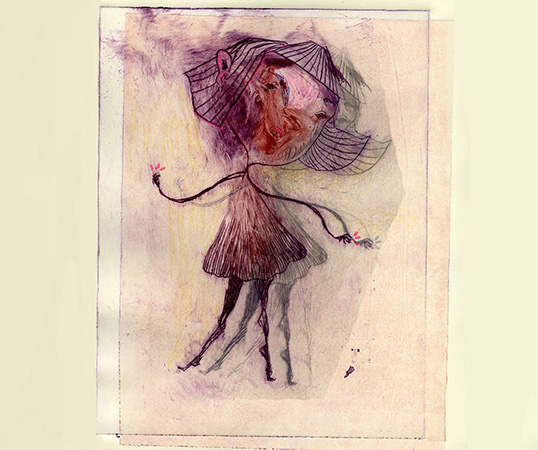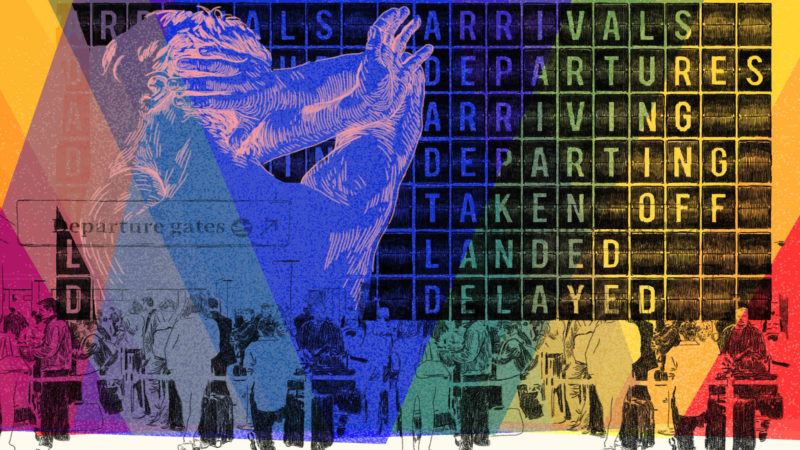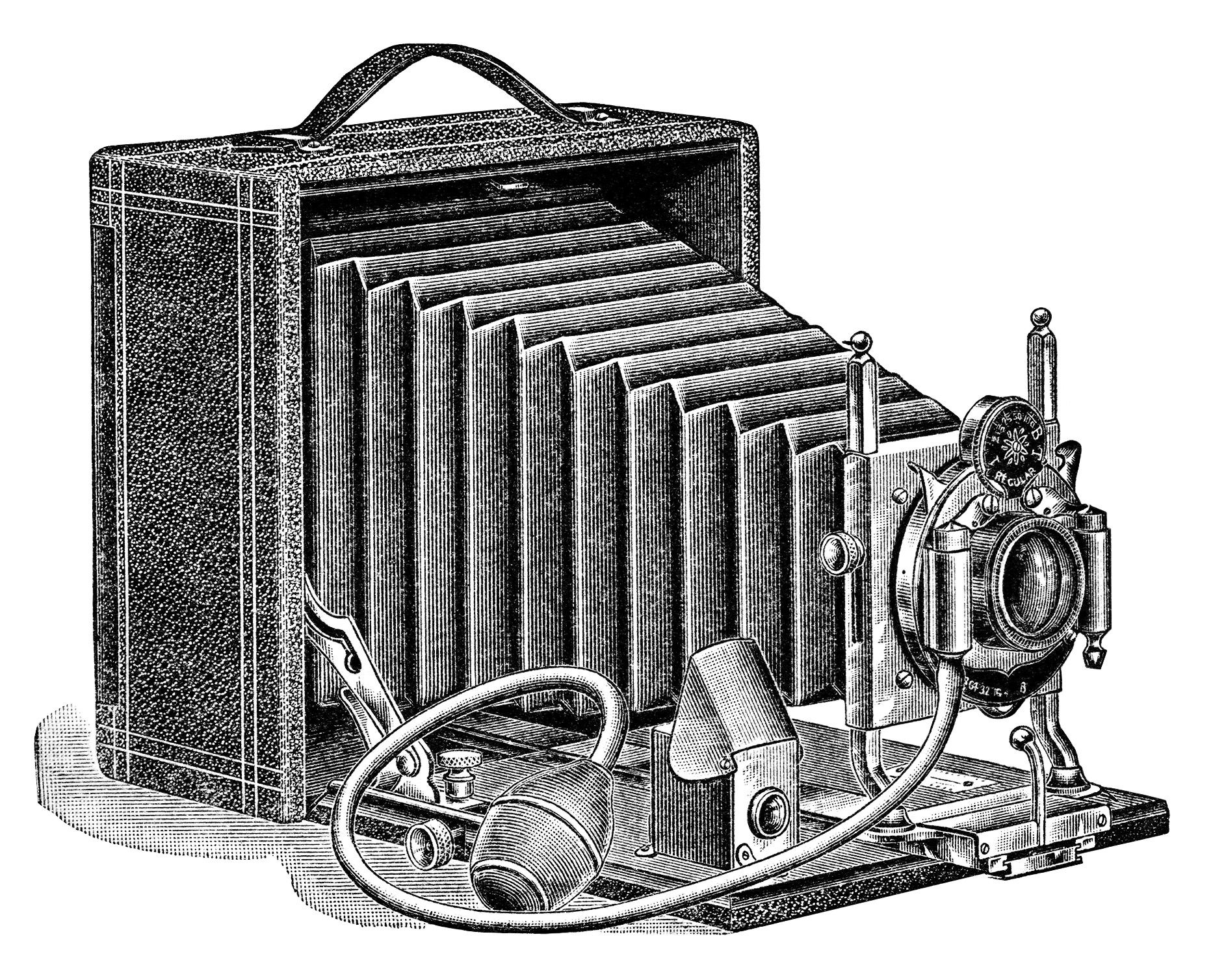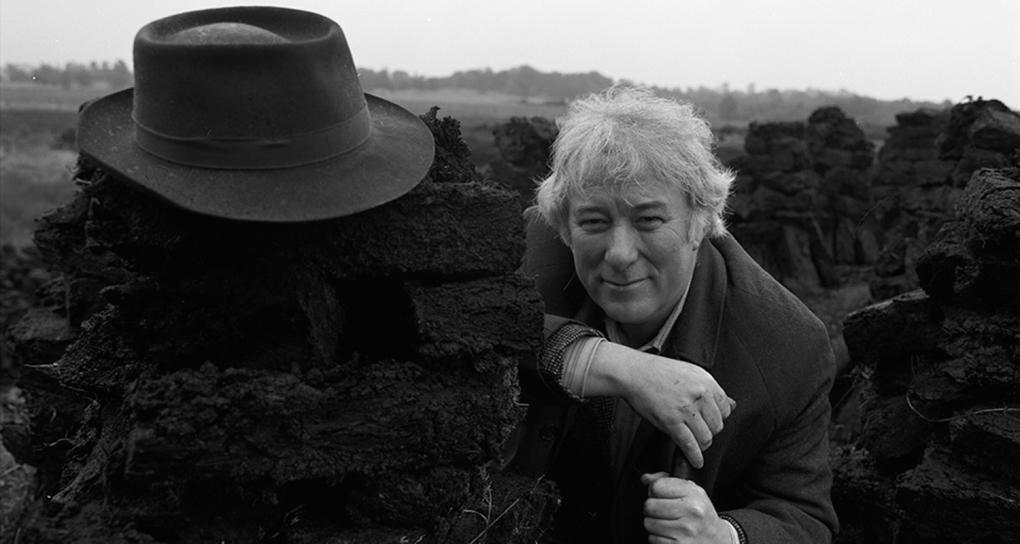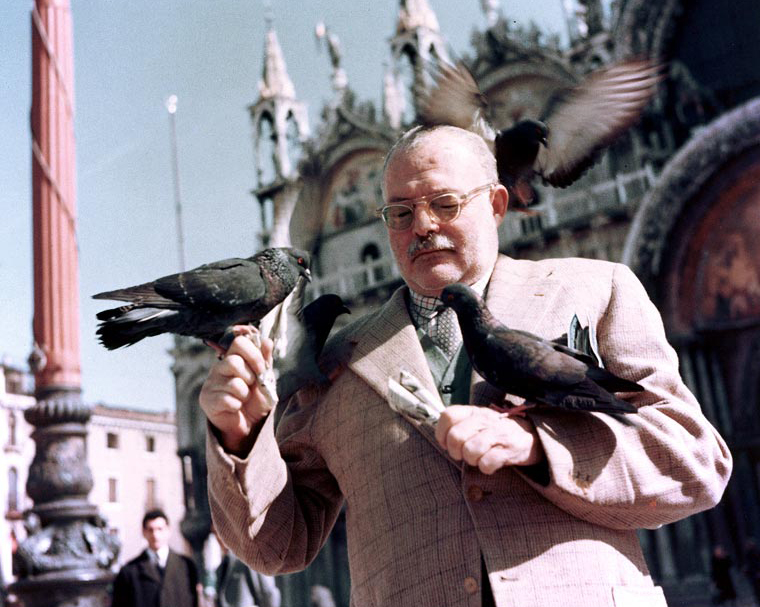
How Hemingway became a major shareholder in a venerable Italian publishing house.
Ernest Hemingway had a rough time with his Italian publisher, Einaudi, the venerable Turin-based house that still prints a good portion of his titles today. The issue, as is so often the case, was money: Einaudi, Hemingway complained, were communists looking for any excuse to withhold his overdue royalties. After 1947, he’d grown so exasperated that he refused to publish another book with them. So it’s all the more startling to discover that in the spring of 1955, he quietly agreed to convert a large part of his growing credit with the house into company stock, becoming a major shareholder overnight. Hemingway was usually very prudent with his money—and the chronically mismanaged Einaudi was hardly a safe investment. But having a stake in the publication of his own books, he hoped, would make it easier to get his hands on his growing pile of Italian cash.
As an author, Hemingway had gotten a late start in Italy. During the twenties and thirties, when the Anglophone world consecrated him as one of its brightest talents, he was persona non grata in the country. His blacklisting started as early as 1923, when Hemingway, still a young reporter for the Toronto Star, described Mussolini as “the biggest bluff in Europe.” In 1927, he wrote a few sardonic sketches on Fascist Italy for the New Republic. But it was the 1929 publication of A Farewell to Arms, with its antimilitarism and its powerful description of the rout of the Italian Army after Caporetto, that made him an enemy in the eyes of the Mussolini regime—a reputation further sealed by his support for the Republican cause in the Spanish Civil War.
Thus Hemingway’s books were banned in Fascist Italy even as the works of other American writers, such as Sinclair Lewis, William Faulkner, John Steinbeck, and John Dos Passos, were brought into translation with success and acclaim. But as soon as Mussolini fell, in 1943, publishers scrambled to buy up the translation rights to his novels. The first Italian edition of The Sun Also Rises was published by a little-known company, Jandi Sapi, in the early summer of 1944, only weeks after General Mark Clark’s troops liberated Rome. A Farewell to Arms, For Whom the Bell Tolls, and To Have and Have Not came out in quick succession with different houses the following year, immediately after the liberation of Northern Italy. The translations were hurried and the first editions sloppy; it was unclear which house owned which rights, if it owned any at all.
(…)


